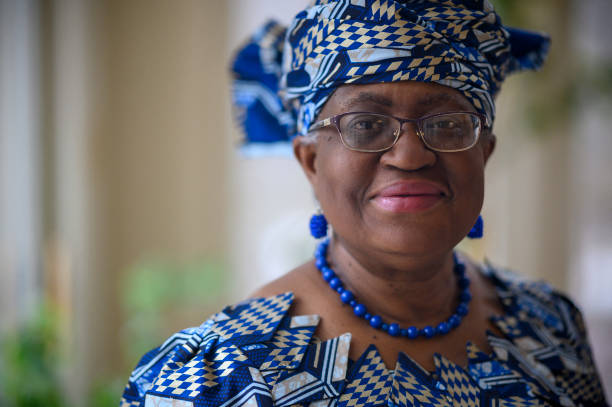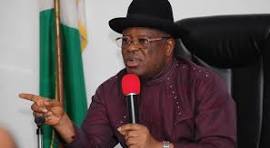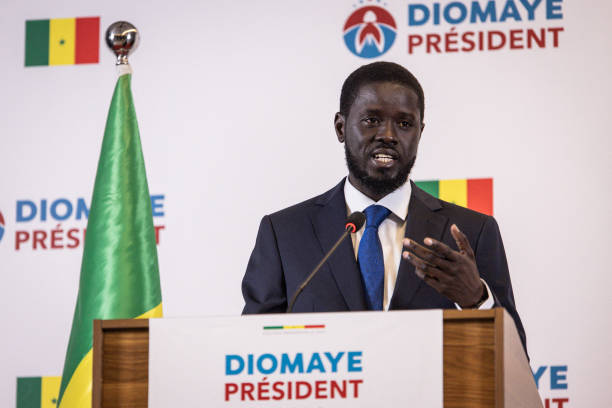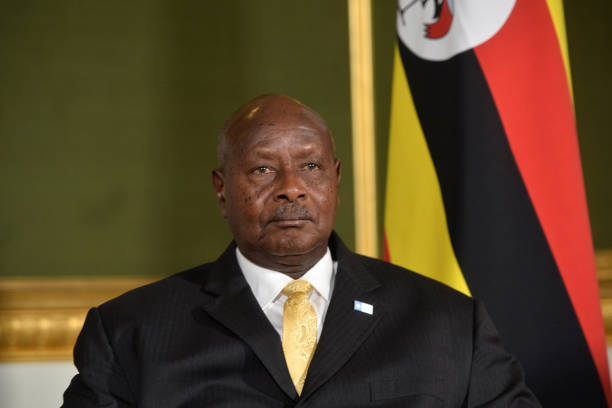When you hear the name Ngozi Okonjo-Iweala, what comes to mind? For many Nigerians, she is a woman of grace, grit and groundbreaking achievements. But beyond Nigeria’s borders, she is known as a global powerhouse – a bold, brilliant leader flying the country’s flag on the world stage.
Today, she sits as Director-General of the World Trade Organization (WTO) – the first woman, and the first African, to hold that role since the organisation was founded in 1995. But her journey to Geneva was neither short nor smooth.
From Ogwashi-Uku to the World
Born in Delta State in 1954, Okonjo-Iweala grew up in a modest but intellectually rich household. Her father was a traditional ruler and her mother, a professor. That early mix of royalty and education clearly shaped her. She earned a degree in Economics from Harvard and later a PhD from MIT – at a time when African women in global academia were few and far between.
But Okonjo-Iweala didn’t just want papers and positions. She wanted impact.
Nigeria’s Economic Commander
Twice, she served as Nigeria’s Finance Minister – first under President Obasanjo, then under President Jonathan. In both roles, she fought tooth and nail to restructure the country’s finances, curb waste and promote transparency. In fact, she led the negotiations that cleared $30 billion of Nigeria’s debt – a historic move that won her global applause.
Yet, she didn’t walk through those corridors without controversy. Her tough stance on subsidy reforms and fiscal discipline often made her a target for political attacks. But even her critics admit she was no pushover.
A Woman of Firsts
Ngozi is a trailblazer in every sense. Before heading the WTO, she spent 25 years at the World Bank, rising to the number two position as Managing Director. She has served on boards of major global organisations – from GAVI to Twitter.
In 2021, her appointment to lead the WTO broke multiple glass ceilings. Her presence alone at the top of global trade signals a shift – that Africans, especially African women, have the brains and backbone to lead on the world’s toughest issues.
Style, Substance, and Identity
Despite her global fame, Okonjo-Iweala remains proudly Nigerian. Whether she’s meeting presidents or delivering keynote speeches, she’s almost always seen in her signature Ankara prints and headgear. Her fashion is political – a quiet, colourful protest against the idea that power must always dress Western.
She speaks with clarity, walks with confidence, and thinks strategically. Her leadership style is diplomatic but firm – the kind that commands respect without raising her voice.
More Than a Leader – A Symbol
Ngozi Okonjo-Iweala represents more than personal success. She embodies what’s possible when education, excellence and integrity meet opportunity. For many young Nigerians – especially girls – she is proof that you can come from a small town and still shape global decisions.
In an age where many doubt the strength of African leadership, she is a living counterpoint – bold, brilliant, and globally respected.
As the world tackles trade wars, economic inequality and recovery from crises, Dr Ngozi Okonjo-Iweala remains at the table where decisions are made – not just as a guest, but as a force to reckon with.
And for Nigerians, she’s more than a technocrat – she’s a beacon of what we can be.





